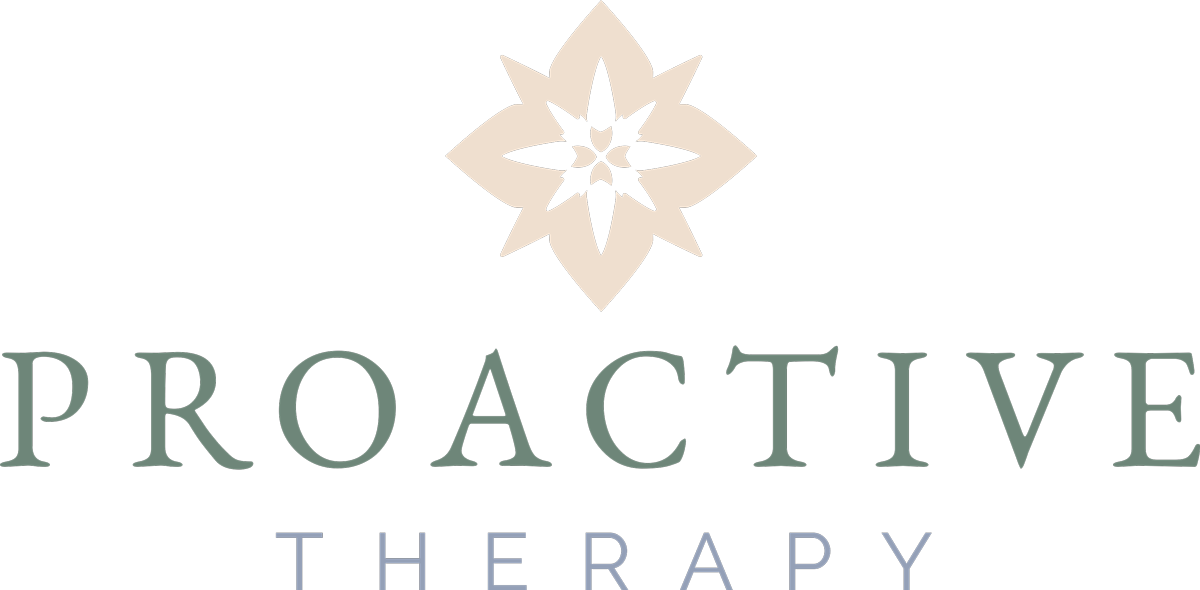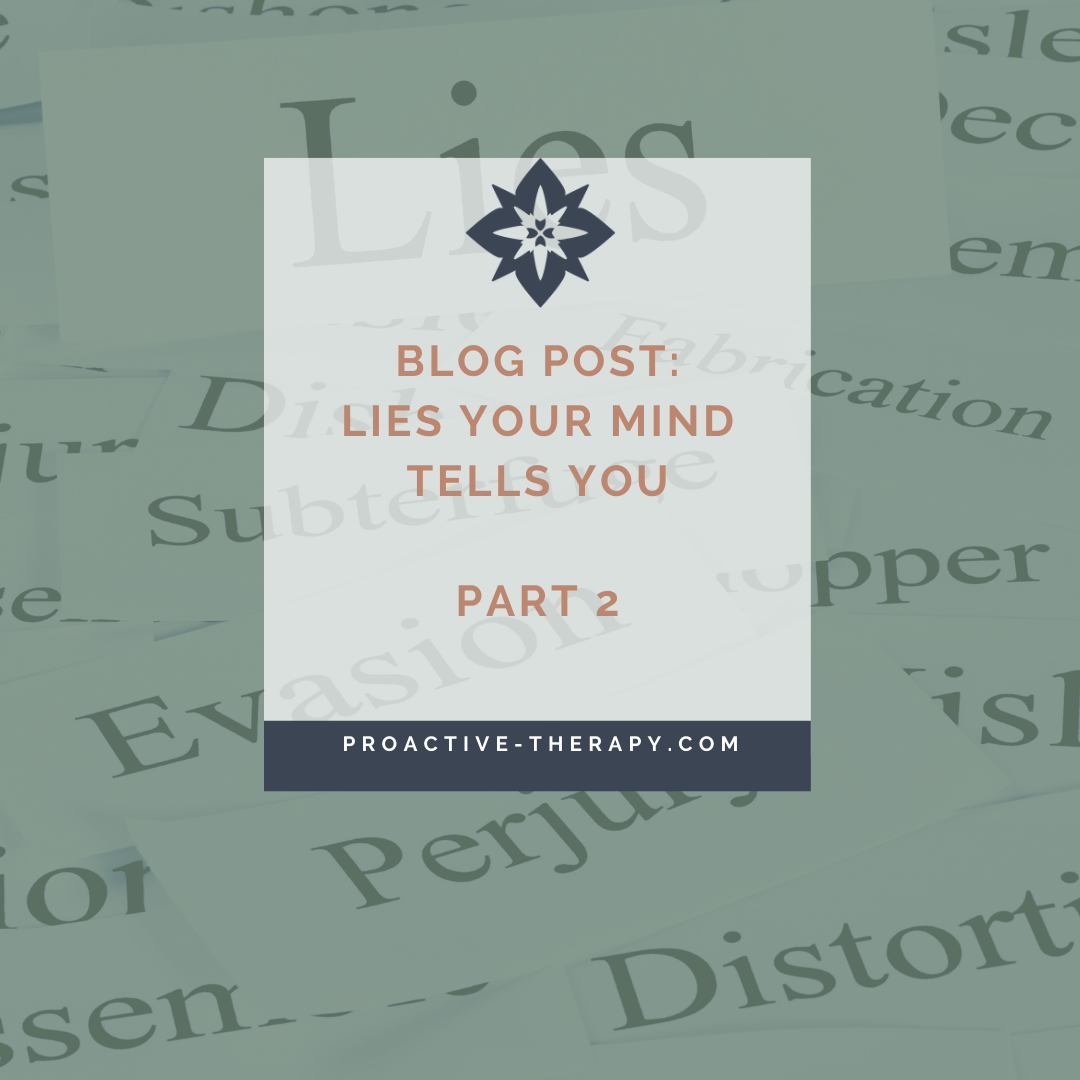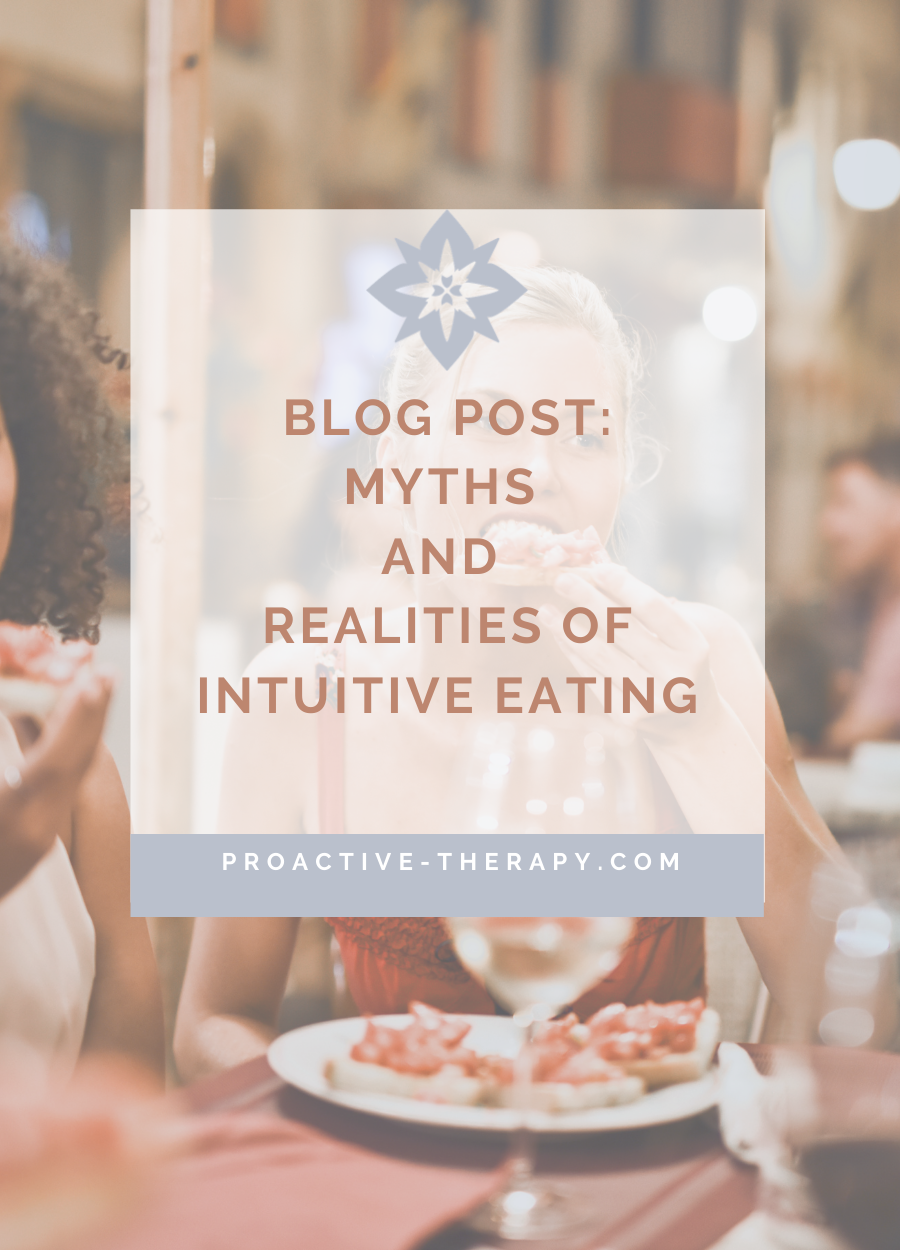Does this sound familiar? Let me explain how this cycle works. You tell yourself that achieving just one more thing will finally make you feel worthy or happy. But as soon as you hit that milestone, it doesn’t feel like enough. There’s now something else to fix, another goal to chase; and no matter how much you accomplish, the sense of satisfaction never lasts. It’s like being on a treadmill—you’re working so hard, but you never quite get anywhere. Instead of feeling fulfilled, you’re left exhausted and frustrated, wondering why all your efforts still don’t feel like they’re enough. Over time, this deepens feelings of inadequacy and frustration.
We all have moments where stress or emotions overwhelm us, making it hard to think clearly or respond calmly. This "flooded" feeling can be especially challenging when we're trying to stay present and don’t have the opportunity to remove ourselves from a situation or take time away to calm down. Fortunately, there are simple techniques you can use to calm your nervous system and bring yourself back to a more balanced state quickly. Here are eight practical methods you can try to help soothe your body when you feel overwhelmed or dysregulated.
Read MoreCouples therapy is not just for relationships in crisis; it’s a valuable resource for any couple looking to improve their connection, resolve conflicts, and build a stronger, more fulfilling partnership. If you recognize any of these signs in your relationship, consider reaching out to our couples therapists who can guide you on your journey toward a healthier and happier relationship.
Read MoreIn our journey through life, we all face challenges and obstacles, major life stressors and day to day thoughts and feelings that get in the way of how we want to live our lives. Recognizing when it's time to seek professional help can be a pivotal step toward personal growth and overall well-being. Read on for ten signs that it might be a good time to start therapy.
Have you ever recognized your irritation and confusion at being asked, “What do you want for dinner tonight” at the end of a long week, realizing that this might be your least favorite question? If you have, then you’re not alone. But why is it that such a seemingly innocent question stirs up such hesitation and discomfort in us? To put it simply, we are burnt out. Not only from life, but from making choices in general.
Read MoreWhat is EMDR? In our latest post, we answer your FAQs about this popular treatment for trauma.
Read MoreTherapy can be a transformative and healing experience, offering folks a safe and supportive space to explore their thoughts, feelings, behaviors and goals. While you may recognize that therapy could benefit you, you may also feel uncertain about what to say once you get started. Many people wonder what they should talk about during therapy sessions or hit a point where they aren’t sure what else to explore. Whether you're considering starting therapy or have been in therapy for a while, knowing what to discuss can sometimes be a challenge. In this blog post, we'll provide 10 ideas for conversation starters to help you make the most out of your therapy sessions.
Read MoreWe can probably all relate to the desire to control our thoughts and emotions. I can’t feel angry and be the kind of parent I want to be - how do I get rid of the anger? I shouldn’t have mean thoughts…if I do, I must be a bad person. I can’t stop worry thoughts from showing up, and I’ve tried everything I possibly can to get rid of them. Why won’t they go away? Some of us have tried substances, binging, purging, and cutting, others have tried restricting or keeping so busy they have no time to feel. In some ways, we’ve become experts at attempting to control our emotions through escape and avoidance - but to no (long-term) avail.
More than two years ago, Covid-19 turned our world upside down. We isolated ourselves, disinfected our groceries, bought massive quantities of flour, and worried about running out of toilet paper. Today, as we navigate this late-pandemic stage, plenty of us still feel a lingering sense of unease. We are exhausted, sluggish, angry, or frustrated. Add a dash of unmitigated work stress, financial troubles, relationship problems, or heavy caregiving responsibilities? Welcome to burnout.
Read MoreWe created an 8-week group course in 2019 to help people navigate today’s confusing dating landscape and learn how to date more effectively. The dating terrain may be ever-changing, but the importance of figuring out what we are looking for in a partner hasn’t changed. Once we have identified how our ideal partner would be in a relationship, we can be clear on whether or not these values are showing up in the early stages of dating.
Read MoreDoes your mind get particularly busy when you lie down at night? Do you find yourself obsessing about the past, worrying about the future, or comparing yourself to others? Do you wish you could just turn your brain off at night?
If you answered yes to one of these questions, you are not alone! Racing thoughts are one of the most common complaints we get. During the day, we are busy attending to jobs, finances, school, responsibilities, and relationships. When uncomfortable thoughts and feelings show up, we quickly find ways to escape them.
Read MoreTypically, when I talk with a client about not having motivation, we’re talking about doing something unpleasant or uncomfortable (e.g., going to the gym, sticking to that intense meal prep plan, studying for the exam next week.) We rarely talk about a lack of motivation to see friends, play video games, or go on that beach vacation you’ve got coming up
Read MoreLies Your Mind Tells You (even when they’re true)
Our minds are funny things: they’re full of ideas, plans, and thoughts that all keep us moving forward in the world and that help us stay alive and productive. But our minds also give us thoughts that can get us stuck: thoughts that seem so reasonable—so TRUE—that we give them a lot of attention. “It’s a true thought,” we tell ourselves, “so I guess I’ve got to do what it says.” In order to get unstuck, it can be important to start asking a different question. Instead of “is it true?” let’s see what happens when we ask “is this helpful?”
Read MoreWondering what DBT groups are all about? DBT stands for Dialectical Behavioral Therapy. It's an evidence based approach to therapy that teaches skills to promote healthy relationships, regulate emotion, and better manage distress. In this video, we answer your FAQs about DBT groups. We hope you’ll join us for one of our weekly groups!
Read MoreFor many of us growing up in America, we were taught that fatness was an illness to be feared and avoided, and we were also led to believe that our weight was easy to control through food and exercise. These narratives completely disregard the numerous other factors that contribute to our weight (like biology, heredity, access to preventative medical care, socioeconomic status, access to nutritionally diverse food, and mental health just to name a few), and ignore the fact that intentional weight loss has a 95% failure rate.
Read MoreThe therapeutic relationship, like every relationship, sometimes needs work. But how exactly can you give your therapist feedback? Marijke Wijnen shares five tips to help navigate the conversation.
Read MoreThere’s an interesting mixture of emotions right now--so much that feels old, and also a new glimmer of hope for what is to come on the horizon. It’s a wonderful time to use dialectical thinking.
Read MoreIntuitive Eating has gained wide-spread popularity among many people looking to heal their relationship with food and to regain trust in their body’s needs and wants. To many of our clients who are deeply entrenched in diet culture (i.e. the belief that being smaller means greater health and wellness) Intuitive Eating can seem like a foreign language. Below we’ve outlined the myths we hear most about Intuitive Eating from our clients, and the true facts about how these 10 principles can work to heal the toxic relationships many people hold with food and their bodies.
Read MoreAs things have opened back up, I’m noticing more and more people talking about COVID guilt - the anticipatory guilt of possibly giving COVID to someone else. What if I have COVID and I don’t realize it? What if I give COVID to my parents? Or to my high risk colleague? Or to my pregnant friend?
Read MoreIn this video, our therapists provide tools and skills for coping with uncertainty during tough times.
Read More




















